Championing equity and inclusion
Not only are gender equity and social inclusion human rights issues, they are essential to overcoming poverty and its effects. We actively address inequity, injustice, and exclusion in the pursuit of equity so everyone can thrive. Entire communities benefit when everyone has the same opportunities to participate freely in society including women and girls, 2SLGBTQIA+, people with disabilities, migrants, and refugees.
Why gender equity and social inclusion matter
0 million
Refugees globally, around half of whom are under the age of 18, lack access to basic rights such as education, health care and employment. We are working closely with public and private sectors, as well as civil society organizations in Colombia, Ecuador and Peru providing Venezuelan migrants access to employment and entrepreneurship opportunities.
0 in 3
Women globally will experience gender-based violence (GBV) in their lifetime. We are working with partners in 16 countries to strengthen women's rights, advance policies that protect women and girls and engage communities in ending GBV.
0%
Countries criminalize homosexuality. The human rights of all persons are universal and indivisible. Everyone should enjoy the same fundamental human rights, regardless of their sexual orientation and their gender identity and expression. We are working with partners in the Democratic Republic of the Congo (DRC) providing safe, inclusive, equitable economic growth for vulnerable youth, particularly young women and 2SLGBTQIA+ youth.
Projects That Work
Promoting gender equity using a feminist approach is at the heart of our values for more equal and just societies. This means we actively address inequity, injustice, and exclusion in the pursuit of equity. It is also about non-discrimination, not only for women and girls, but also for other underserved groups such as 2SLGBTQIA+ and people with disabilities, migrants, and refugees. Our programming approaches promote gender equity and fuller development, prioritizing gender-transformative approaches wherever possible.
Championing change for women in Peru
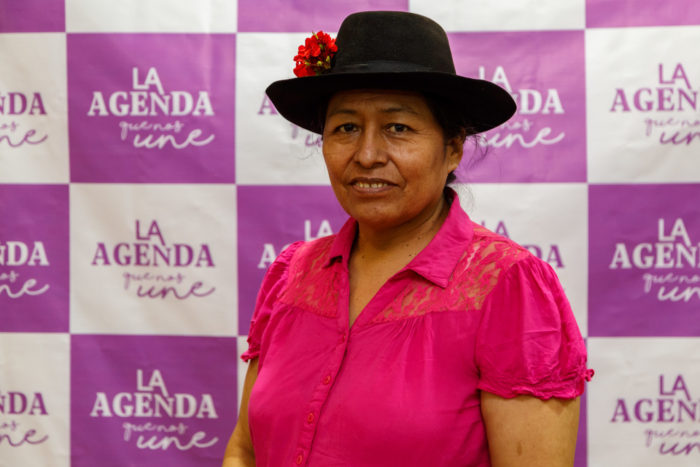
Our work in Peru is focused on reducing inequality through inclusive initiatives in response to the local needs of vulnerable groups and communities. We’re delivering programs that address issues such as policy, legal and social change.
Empowering Women Entrepreneurs in Honduras
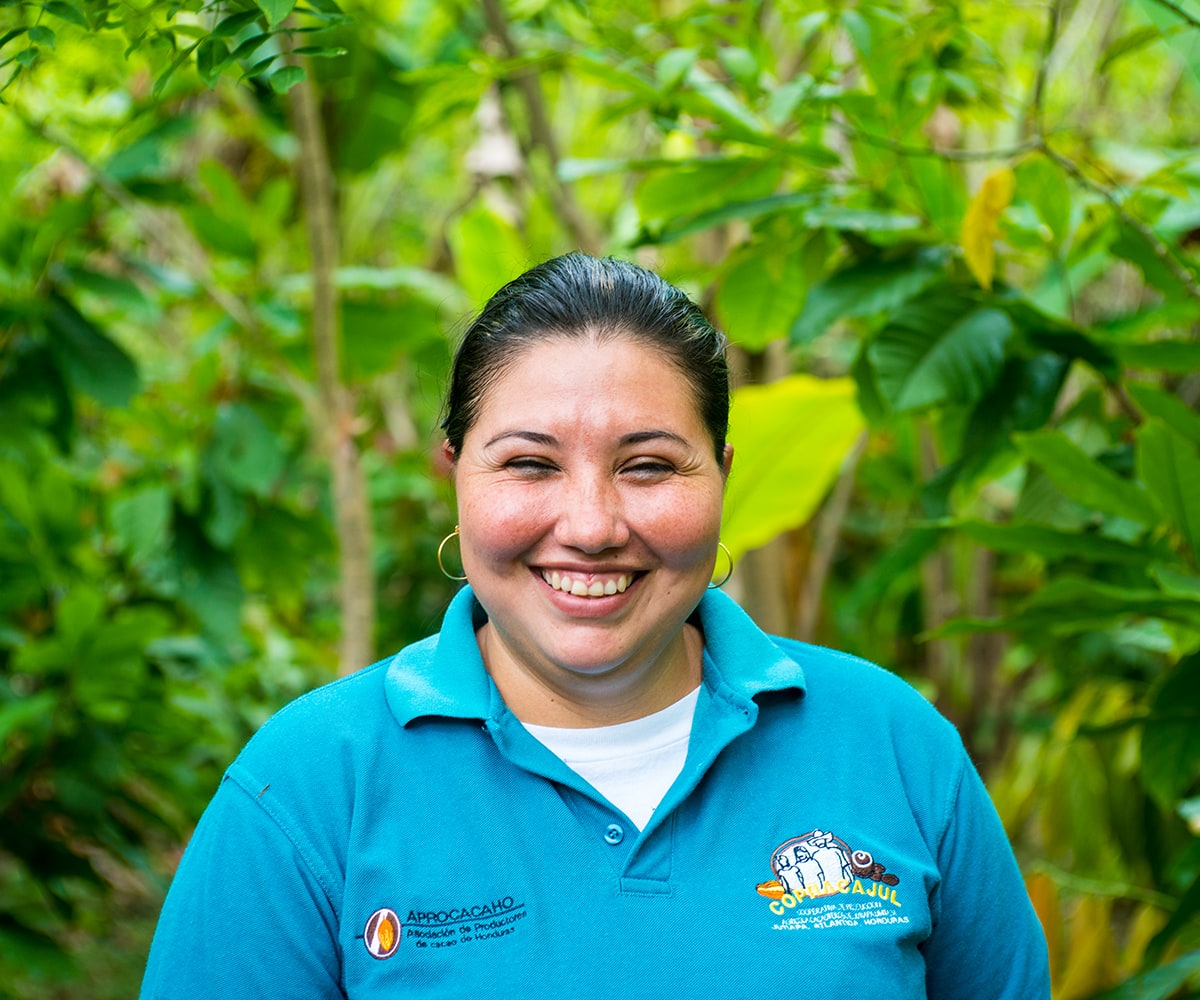
Women and other vulnerable populations face greater barriers to employment and higher rates of discrimination when it comes to economic opportunities. Cuso International is partnering with communities and the public/private sector to provide business development training, inclusive hiring training, and workshops to build a more resilient business and entrepreneurial environment that works for Honduran women.
Tackling Poverty through Canadian Engagement
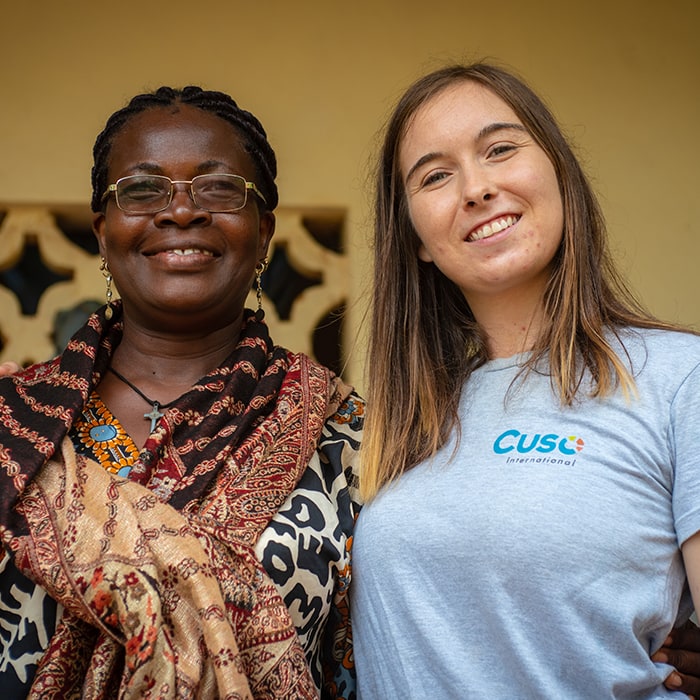
Our vision of a world free of poverty means everyone has a role to play. Our highly skilled volunteers advise and consult with organizations in developing countries to make real and lasting impacts. With an emphasis on gender equality and the goal of reaching 1.8 million people over the next seven years (2020-27) in Benin, Cameroon, Colombia, Democratic Republic of Congo, Ethiopia, Honduras, Jamaica, Nigeria, Peru, and Tanzania, our Volunteer for Development Program will send Canadian volunteers to help our local partners advance the Strategic Development Goals.
Removing the Barriers to Girls Education in Ethiopia
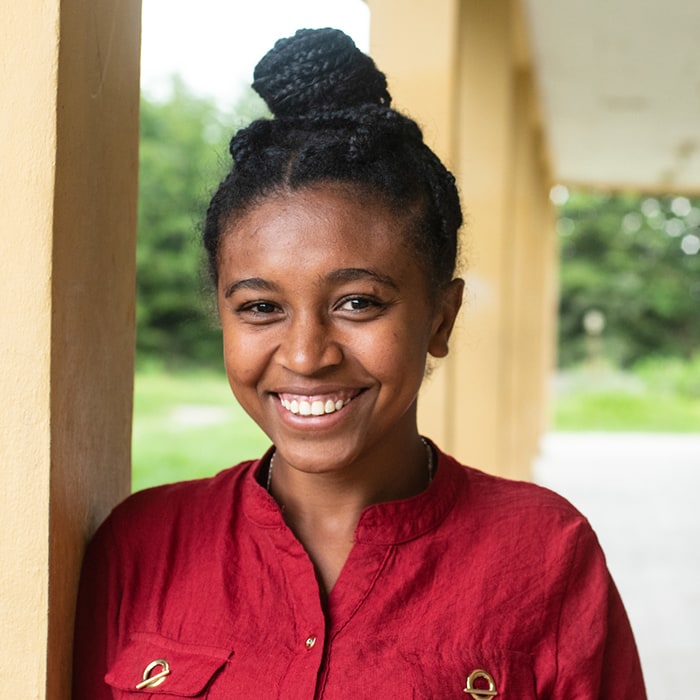
The number of girls enrolled in primary school in Ethiopia has more than doubled in the past 20 years but remains below half the population. In secondary school, girls from rural areas have an average education of Grade 8, while their urban counterparts increase slightly to Grade 10. Only 27 per cent of students at the post-secondary level are women. We are partnering with the Institute of International Education to ensure all girls receive an education. Over the next five years (2020-25), we're enhancing academic, social and soft skills for adolescent girls, including those with disabilities. We're strengthening the capacity of teachers and education institutions to deliver quality and gender-sensitive education and we're boosting the enrolment of girls at the post-secondary level.
Supporting women with disabilities
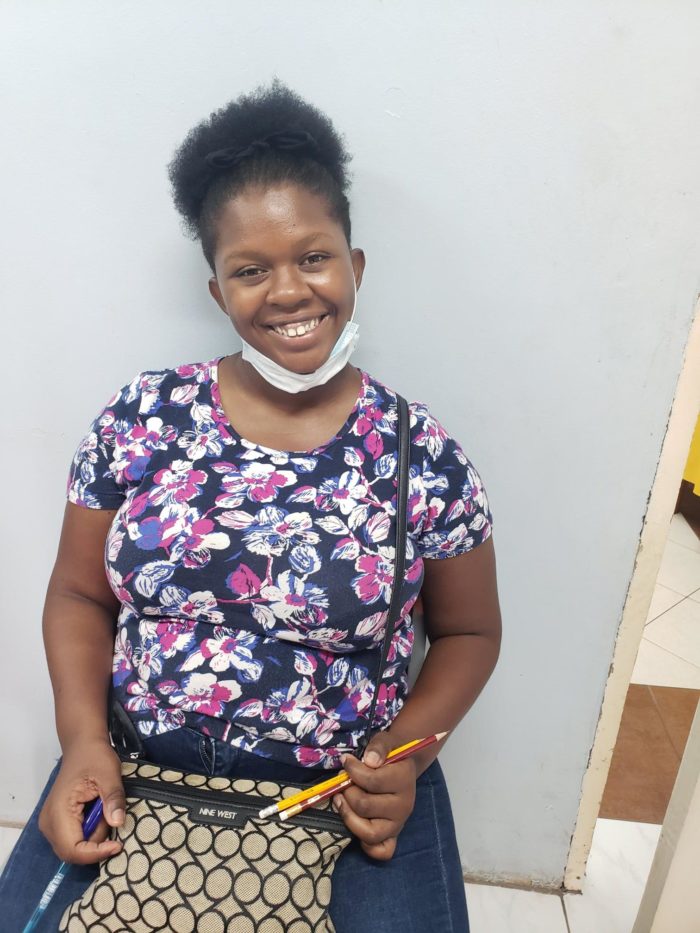
Misunderstandings about persons with intellectual disabilities can make interactions in the community more difficult. Cuso International, along with local partners in Jamaica, is providing women with disabilities the skills training to grow their own food through sustainable farming methods and hydroponic farming enabling greater food security.
We gratefully acknowledge the financial support of the Government of Canada, through Global Affairs Canada, its donors and supporters.
